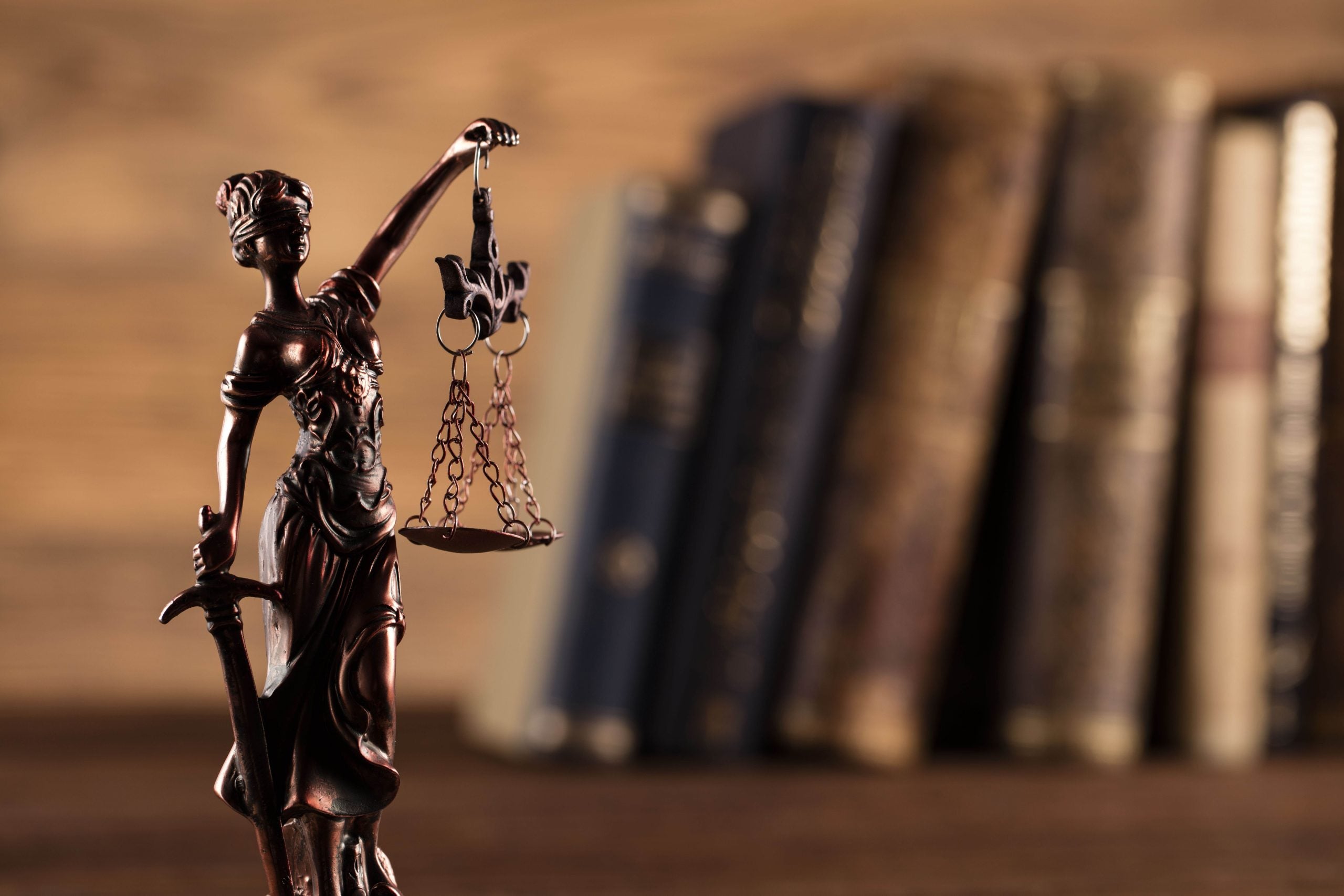
Britain’s Online Safety Bill, a new UK law which states that social media companies have a duty of care to users, was passed on Tuesday (Sept 19) after almost six years of making its way through Parliament – so why did it take until June 2023, three months before its passing, for the new bill to mention violence against women and girls?
More than one in three women in the UK have experienced online abuse on social media or another online platform, equivalent to 11 million women, rising to two-thirds of young women, domestic violence charity Refuge said in a statement.

Access deeper industry intelligence
Experience unmatched clarity with a single platform that combines unique data, AI, and human expertise.
Refuge CEO, Ruth Davidson, said calls for violence against women and girls to be at “the heart of this bill” had not been heard.
Leader of the Women’s Equality Party, Mandu Reid criticised the bill for not naming violence against women and girls as a priority harm, saying, “The fact that when this law was first proposed the Government hadn’t even considered its gendered impacts is typical and extremely telling.
“What’s more, it took campaigners, and thousands of others who joined the rallying cry, an arduous two years to secure the amendment that put women and girls on the agenda.”
Women ‘disproportionately’ targeted
Research from the European Institute for Gender Equality has shown that cyber violence against women and girls is a growing problem with the European Agency for Fundamental Rights suggesting that one in ten women have already experienced
some form of cyber violence by age 15.

US Tariffs are shifting - will you react or anticipate?
Don’t let policy changes catch you off guard. Stay proactive with real-time data and expert analysis.
By GlobalDataWomen are also more likely to be victims of revenge porn, with the Cyber Civil Rights Initiative finding that found that 90% of victims were female.
Figures from the Revenge Porn Helpline found that, over a six-month period, 75% of 1800 calls were from women.
Tech abuse, which was made illegal in the UK by The Domestic Abuse bill in 2020, now plays a part in the majority of domestic abuse in the UK.
According to Refuge, 72% of those who use its domestic abuse helpline have been affected by tech abuse. Common devices such as smartphones and tablets were highlighted as tools “misused to stalk, harass, impersonate and threaten victims.”
A survey conducted by Safety Net Project at the National Network to End Domestic Violence found the three most common types of technology that abusers used to harass victims were texting, social media accounts, and email.
Tracy Blackwell, director of strategic insights and partnerships at Refuge, said the bill presented a much-needed opportunity to safeguard women and girls online, “but on introduction, there was no recognition of the abuse that women experience.”
“Shocking research from our Unsocial Spaces report highlighted the need for legislation that protects women and girls online, with […] 1 in 6 experiencing [online] abuse from current or former partners.
“After two years of tireless work by a coalition of organisations, the Bill finally places a requirement on Ofcom to publish guidance for social media platforms to make online spaces safer for women and girls.”
The ‘overdue’ amendment
When the bill becomes law, social media platforms must enact practices to prohibit the spread of illegal content, protect child users and remove ‘harmful content’. The bill, which cracks down on social media platforms like Facebook, Instagram and TikTok, has been heavily amended since its inception.
On June 30, following the two-year-long campaign and a petition by the End Violence Against Women (EVAW) Coalition which garnered over 100,000 signatures, the Online Safety Bill was amended to provide new guidelines on managing violence against women online.
On the amended guidance, EVAW said in a statement: “While this new guidance does not go as far as we’d like, it is a huge step in the right direction.”
Refuge’s CEO Davidson also praised the amendment, but said it was disappointing that “the government have not agreed to implement a code which would have been a strong tool to hold social media platforms to account.”
GlobalData analyst Laura Petrone said the issue is not with the bill, which classifies sexism as harmful, but rather with the UK definition of a hate crime. “According to the bill, online platforms are obliged to take down illegal content, which includes things like child sexual abuse, hate crime, promotion of self-harm, and revenge porn. Misogynistic content falls under the realm of harmful but legal content, as this is not classified as a hate crime,” says Petrone.
Petrone suggests that this issue goes beyond the online safety bill. “Making misogyny a hate crime would make a big difference, as it would make harassment of women online automatically illegal,” she says.
“So far, a law that makes misogyny a hate crime has failed to pass in the UK. In the absence of this law, it is important to require social media platforms to conduct risk assessments into how the design of their services might lead to harm against women and girls. This specific provision does not exist in the current draft of the bill,” says Petrone.







